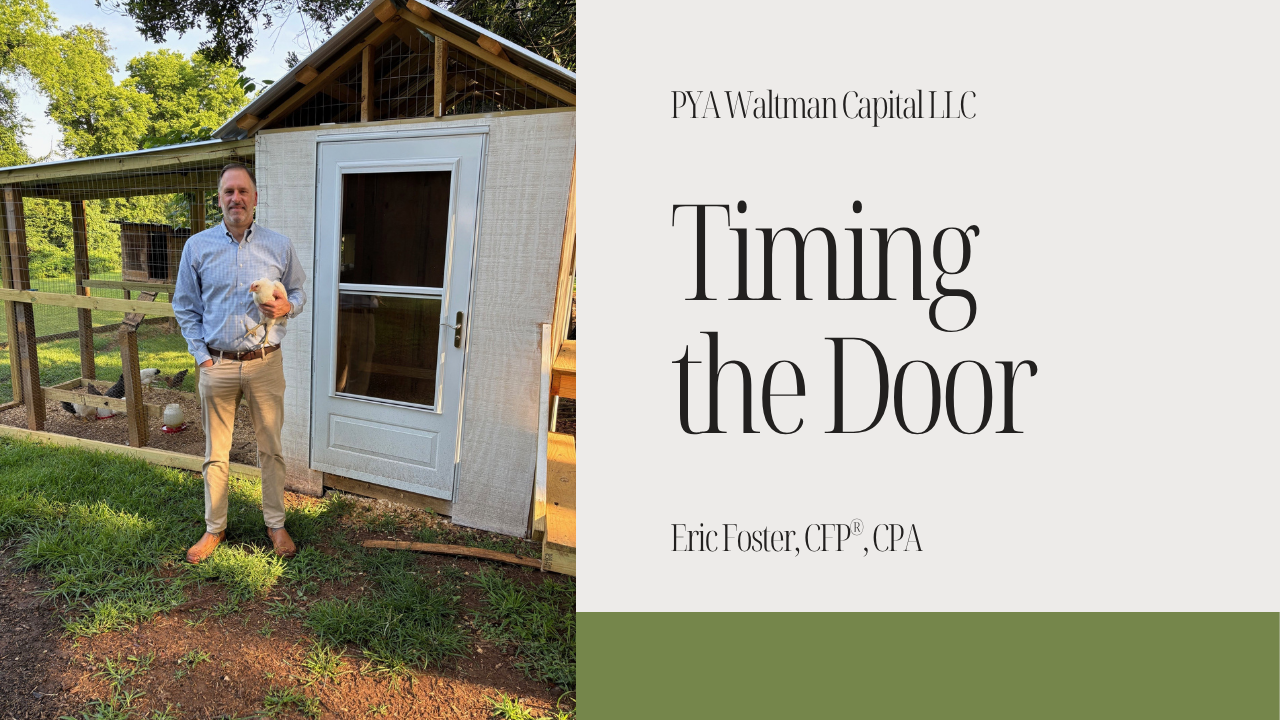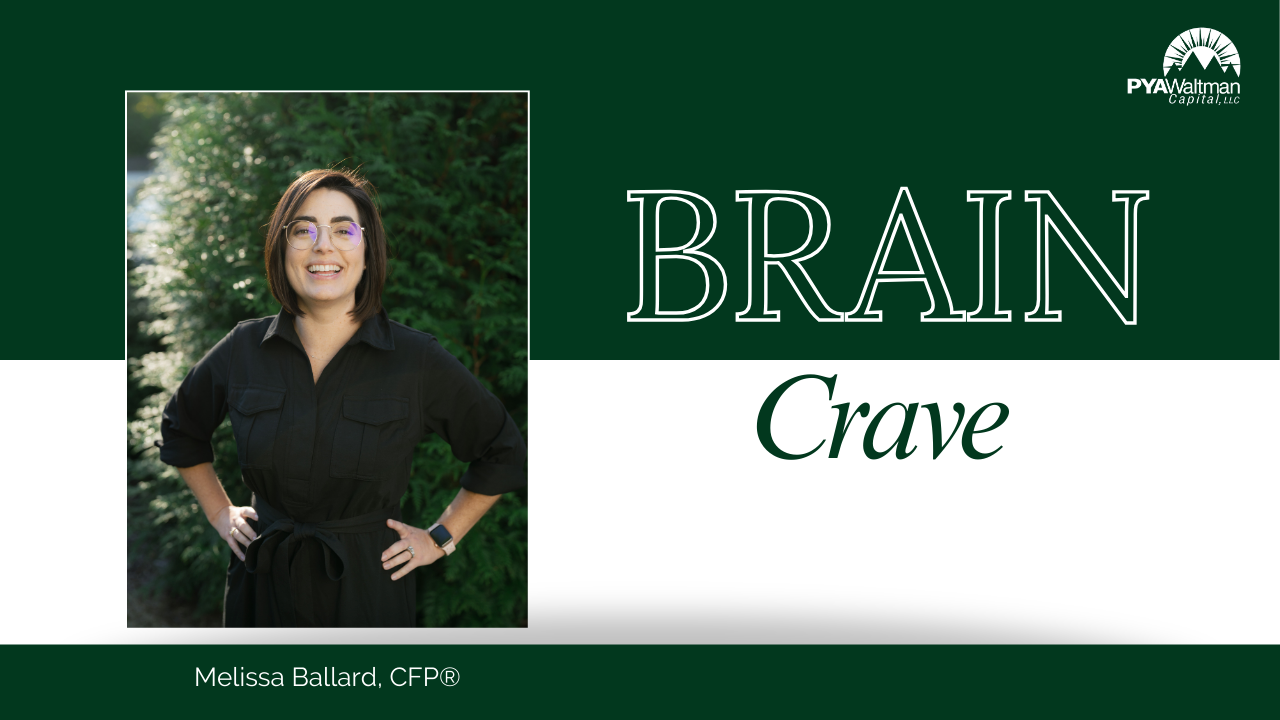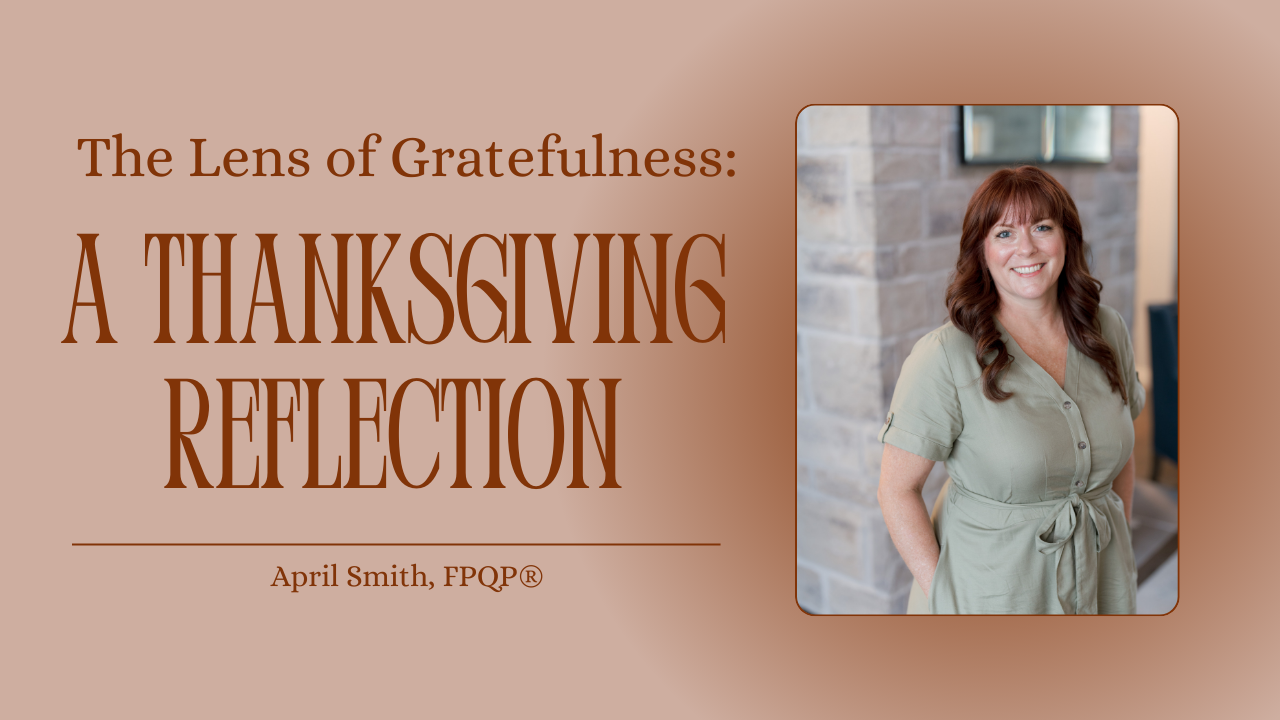About twelve years ago my wife and children ushered our family into the world of chicken farming. My job was to build a chicken coop. I didn’t have plans, just a picture that my wife found online. Over the next 11 years that coop was moved, repaired, suffered in the elements, and eventually was added to the spring task list to be replaced. My wife had grand dreams of a much-improved structure. Once again, my job was to build it.
You should know that chickens are neither smart nor durable. Until they are a few weeks old they require a heat lamp. We had a new flock of 8 hens in our garage, and I am convinced my wife had them on a Lance Armstrong steroid diet from the start. The larger they got, the more the pressure rose on me to finish their new home.
We eventually shifted them outside to the new coop. One new feature is a solar powered door that connects the secure outside pen to the house. It is supposed to rise in the morning and close at night, but there is one problem. It has a sensor on it so as to not crush a chicken in the door. In trying to train the chickens to go inside(seems obvious to me), they ended up laying in a pile next to the door that had since closed itself. When you opened the door and put the chickens inside, they would desperately try to run back out of the door. Just when you had all 8 of them inside and the door would be almost closed, a chicken would walk over and stick its foot through the last inch of the door. I would open the door back up and push the chickens back away from the door and start the door closing process again. Foot out, door stuck. Repeat.
It makes me think of investing and how there are a few rules to help keep our money safe, yet the rules seem hard to follow at times. 1) Don’t take unnecessary risk, 2) have a plan, and 3) don’t panic over short-term things. Sometimes taking risks seems intriguing and fun, especially when we hear a new exciting opportunity. Just know that new and exciting is uncertain and unproven. Having an investment plan that ties in with your financial plan is really important and helps remind us that we are planning for our lifetimes and not just next week. It helps to keep things in perspective, especially with rule #3. Financial author Morgan Housel wrote, “Optimism sounds like a sales pitch. Pessimism sounds like someone trying to help you.” Successful investors keep their eyes down the road and trust in the powerful incentive structure of capitalism.
At PYA Waltman Capital, we work to figure out who our clients are and what is important to them. Then we build portfolios that fuel those plans and track our progress over time. Knowing where you stand is important, and good information fuels effective decisions. After all, no one needs a foot caught in the door.
Originally published in West Knoxville Lifestyle.
The opinions expressed are those of PYA Waltman as of the date of publication and are subject to change without notice. All investing involves risk, including the loss of principal.
PYA Waltman (“PYA”) is an investment adviser registered with the U.S. Securities and Exchange Commission. Registration does not imply a certain level of skill or training. More information about PYA’s investment advisory services can be found in its Form ADV Part 2 and/or Form CRS, which is available upon request. PYA-25-32



.png)


.png)